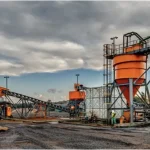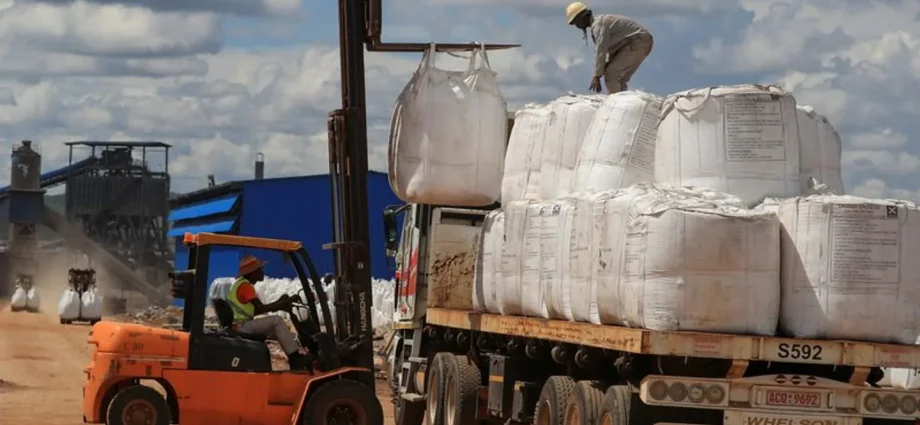Zimbabwe is tightening its grip on its lithium industry as it moves to ban the export of lithium concentrates by 2027, stepping up efforts to build a robust local processing sector and capture more value from the strategic mineral.
The announcement was made by Mines Minister Winston Chitando on Tuesday, as part of the government’s broader push to position Zimbabwe as a key player in the global battery supply chain.
Already Africa’s top lithium producer, Zimbabwe had previously banned the export of raw lithium ore in 2022. The next phase in its beneficiation strategy will target lithium concentrates, which are currently being shipped abroad—mostly to China—for further refining.
“With the processing capacity now being built within the country, the export of all lithium concentrates will be banned from January 2027,” Chitando stated during a post-cabinet media briefing.
The move comes as major investments begin to reshape Zimbabwe’s lithium landscape. Two key lithium sulphate plants—an essential step in the production of battery-grade materials—are under construction at Bikita Minerals (owned by Sinomine) and Prospect Lithium Zimbabwe (a subsidiary of Zhejiang Huayou Cobalt).
Lithium sulphate is a critical intermediate product that can be processed into lithium hydroxide or lithium carbonate, core components of batteries used in electric vehicles and renewable energy storage systems.
The government had initially required all lithium miners to submit plans for local refining facilities by March 2024. However, enforcement was temporarily relaxed following a steep decline in global lithium prices, which created headwinds for some producers.
Still, investor interest remains strong. Since 2021, over $1 billion has flowed into Zimbabwe’s lithium sector, largely from Chinese companies including Sinomine, Zhejiang Huayou Cobalt, Chengxin Lithium Group, Yahua Group, and Canmax Technologies.
These investments mark a major shift in Zimbabwe’s approach to its mineral wealth—from being a supplier of raw materials to becoming an active player in the value chain.
As global demand for lithium continues to rise in tandem with the clean energy transition, Zimbabwe’s strategy to enhance domestic processing could elevate its status as a critical minerals hub in Africa.















